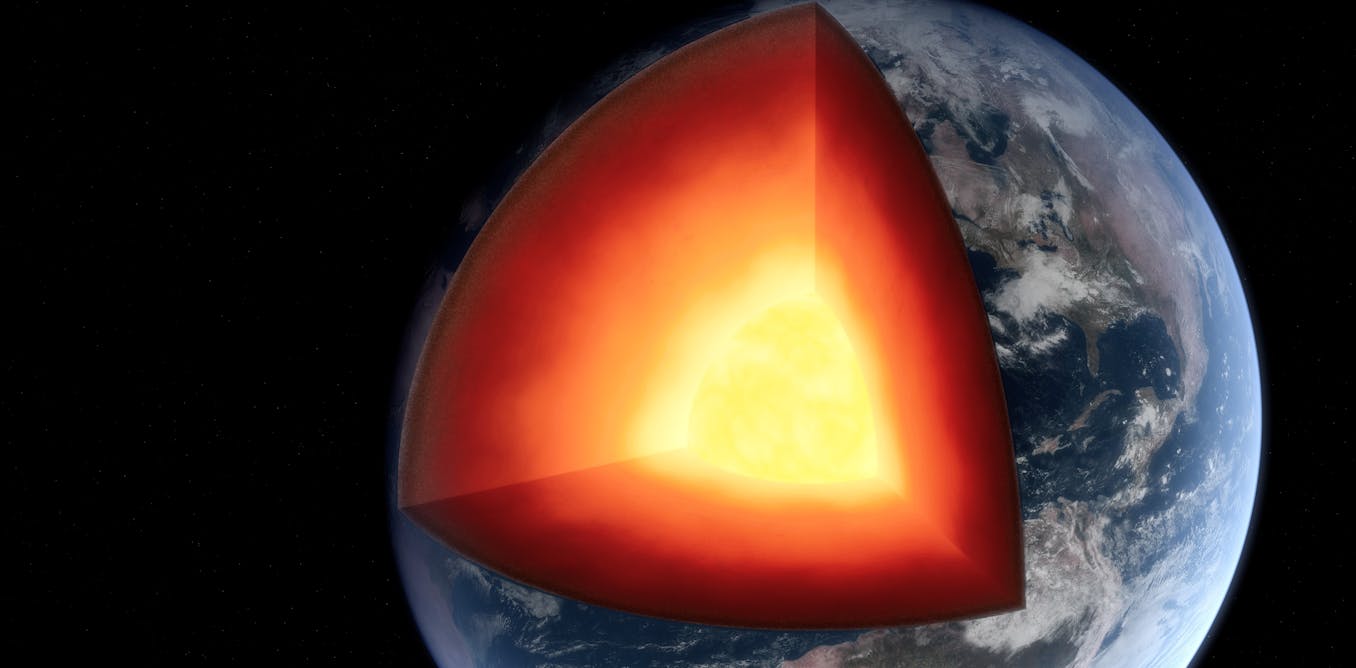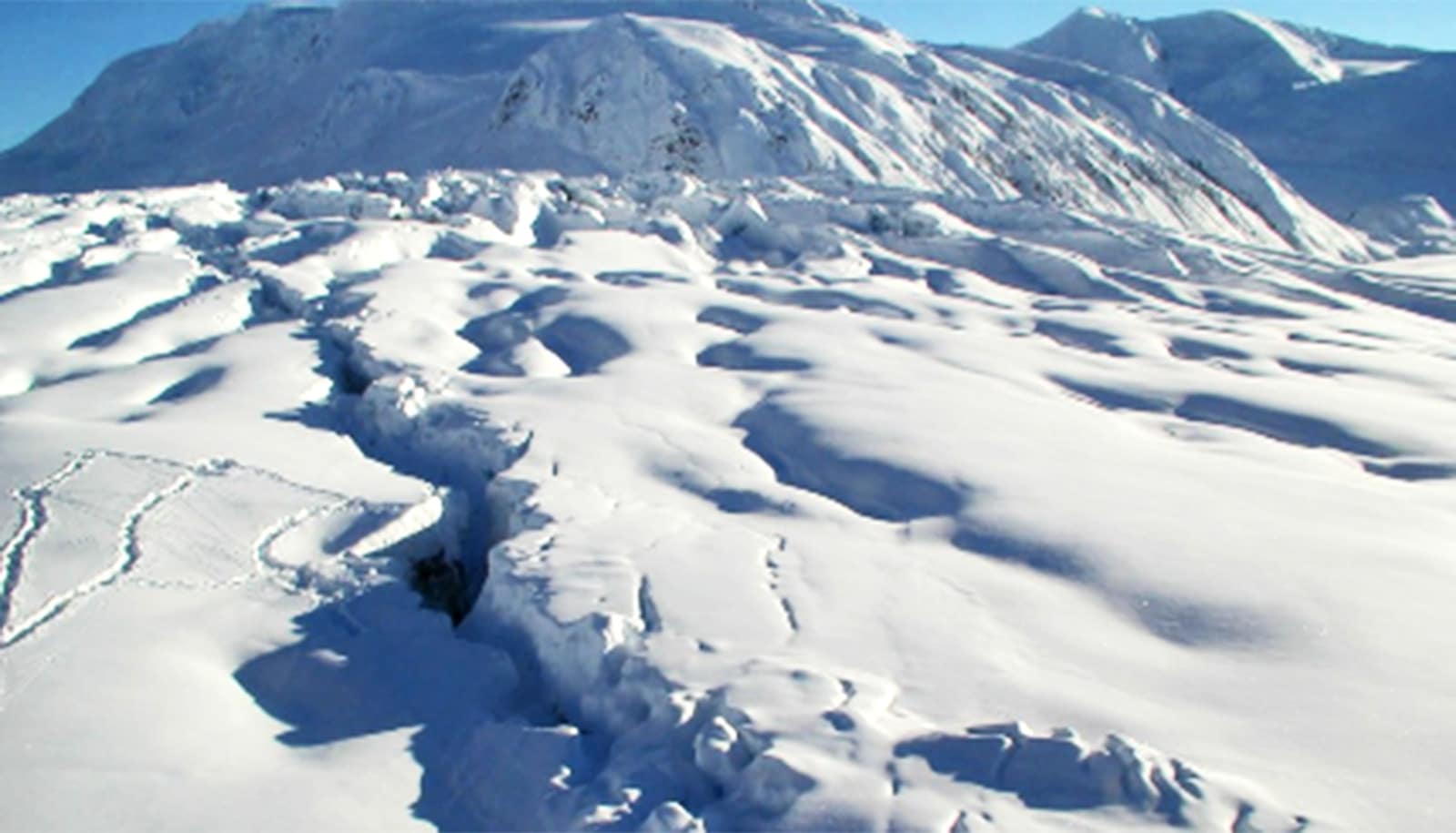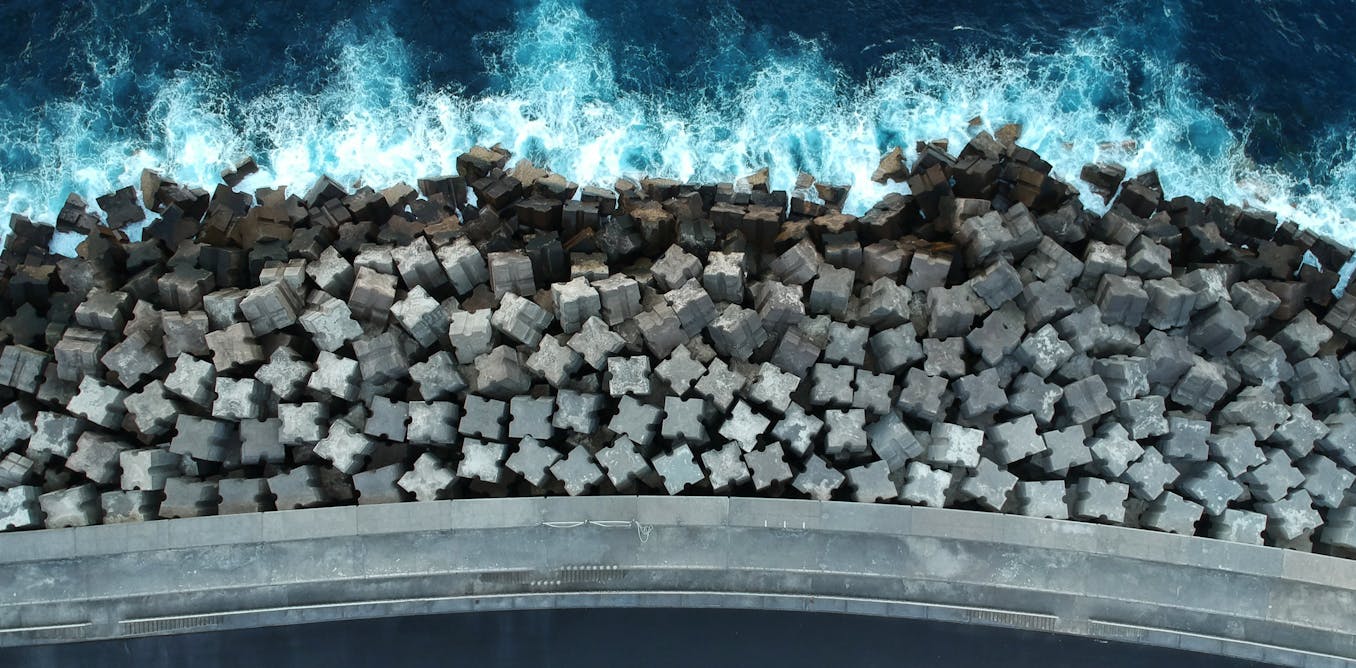How has the inside of the Earth stayed as hot as the Sun's surface for billions of years?
Starting at the surface, you would have to dig nearly 2,000 miles before reaching the Earth’s core. No one could survive that trip – and the 10,000-degree F heat once there would vaporize you anyway.
Jan. 23, 2023 • ~7 min








